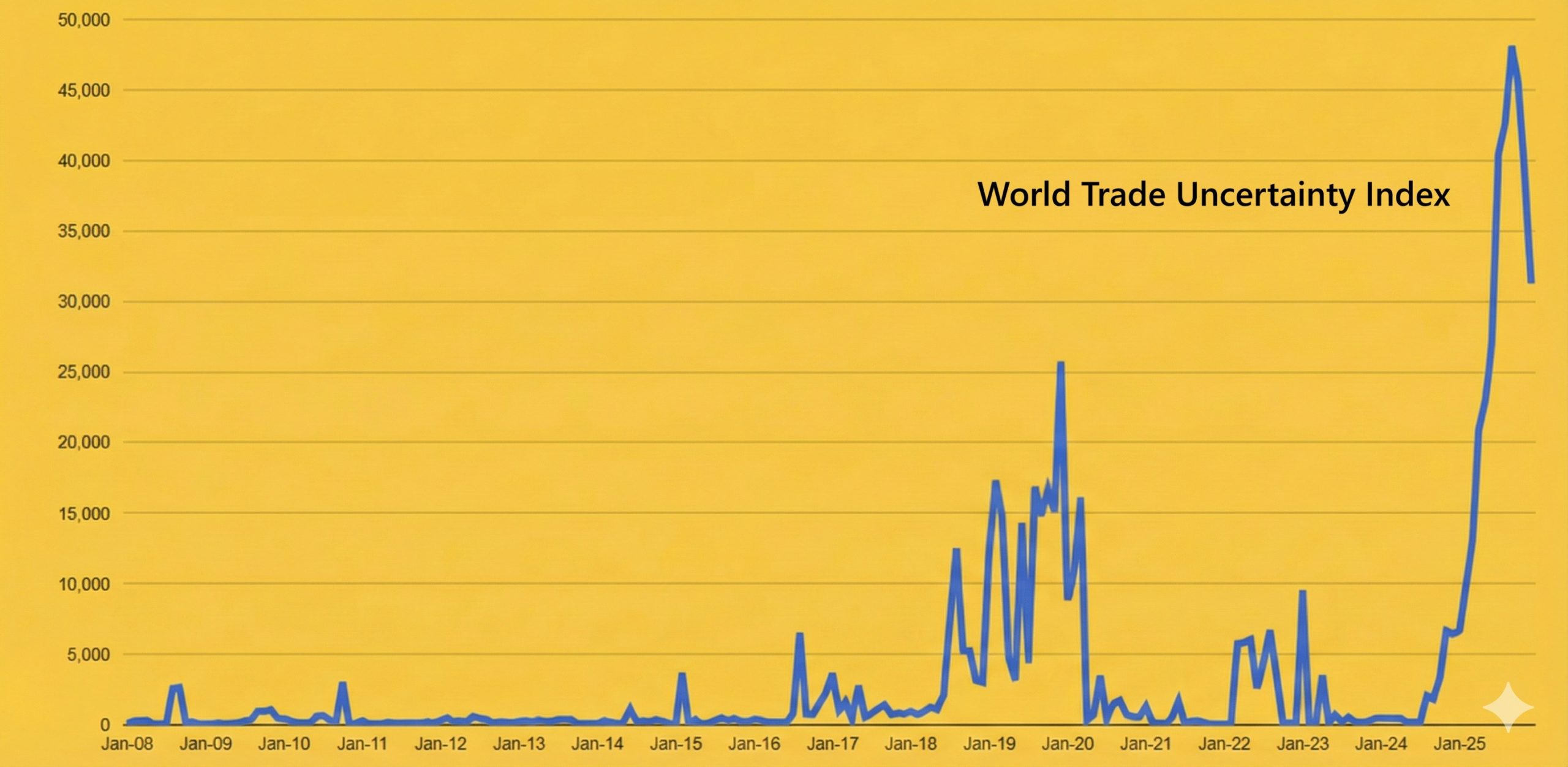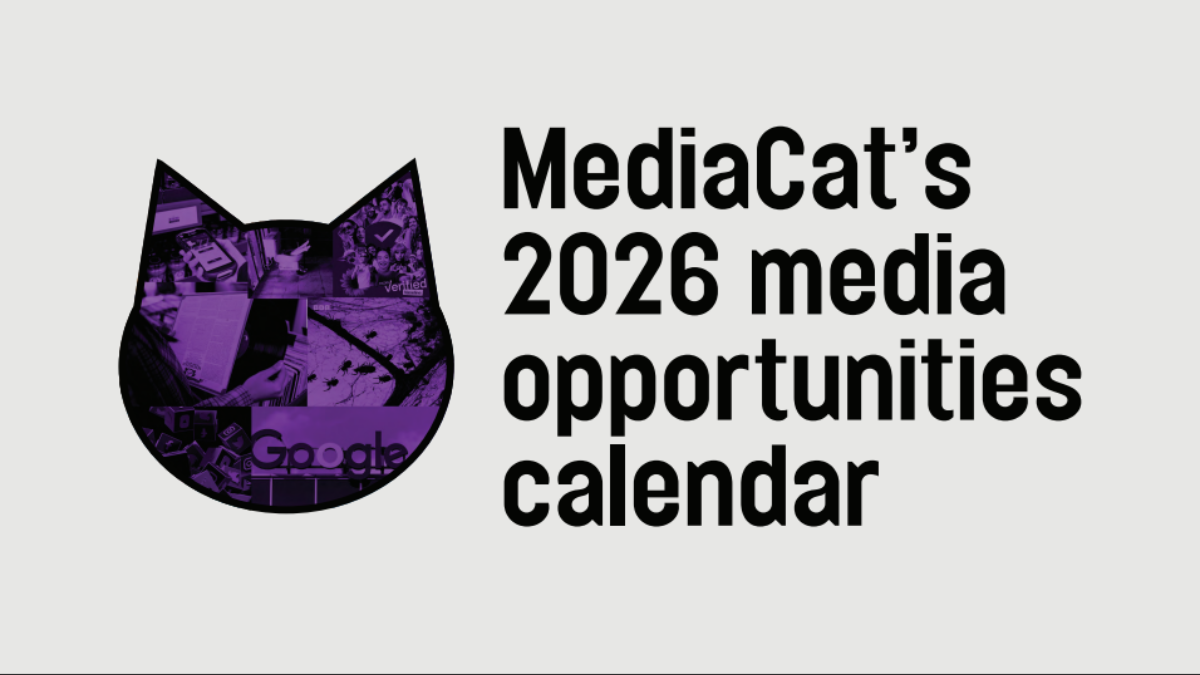Another media agency brand bit the dust last week, and the founder is ‘pumped’ about its demise.
On Thursday, The Beyond Collective announced that it had merged Yonder Media with Above+Beyond, Frontier and Collective Studios to form a single agency, called Beyond.
But unlike the so-called sunsetting taking place within WPP, this consolidation had nothing to do with balance sheets or shareholder demands, says Ed Cox, the founder of Yonder Media and now a partner at Beyond.
Yonder, says Cox, was made to be merged. It was created as an independent brand within The Beyond Collective in part to establish its credibility as a media specialist, but also because the group leaders feared at the time that their aspiration for a fully integrated agency was out of sync with the market. The plan was always to bring the constituent parts of the group together under a single shop front once clients were ready.
Now, says Cox, ‘The time is right to just call it and say, “This is what the industry’s been crying out for.”’
The time is right because of fragmenting media. Clients have become increasingly frustrated by the complexity of managing multiple agencies, says Cox, and with lead agencies ‘only showing an interest in the big idea and the big execution, and not in sweating the assets’.
This frustration has not yet translated into an abundant supply of integrated briefs, and Beyond’s leadership doesn’t expect that it will any time soon. That’s why they’re keen to stress that clients can still procure their media, creative and strategy services separately. But the team has been sufficiently encouraged by how clients have responded to their joined-up proposition to finally nail their colours to the mast.
Even before the rebrand, Beyond worked in an integrated way. Its modus operandi has always been to play talent where it was needed, regardless of which door the client initially walked through, and the group’s agencies have shared a P&L for years, says Cox. So, abandoning individual brands is more of a formalisation of an existing model than a restructure.
But Beyond hasn’t just re-badged. It’s also tinkered with its proposition. According to a press release, Beyond now offers three distinct ways for clients to approach the agency: live-briefs (standard campaigns, etc), longer-term brand transformations (self explanatory), and new ventures (for clients that want to pivot to a different line of work altogether).
You’ll notice there’s no mention of things like creative and media, or even marketing, in these descriptions. That’s deliberate.
While other agencies race to undercut each other on the price of their commoditised services, Beyond wants to become a transformation partner to clients.
Or as Caroline Johnson, co-founder of The Business Model Company (TBMC), likes to call it when agencies reinvent themselves as consultancies or platforms, Beyond is looking to ‘change neighbourhood’.
TBMC is best known (Thanks to Michael Farmer’s book, Madison Avenue Makeover) for working with Mat Baxter when he was CEO at Huge. Baxter was parachuted into the digital agency to reverse years of decline by turning it into a growth acceleration company selling creative services as fixed-price products.
Huge’s grand experiment was interrupted when Baxter left abruptly in January 2024, and then again when Interpublic Group sold the agency in December — both events likely influenced* by IPG’s desire to shed underperforming agencies ahead of its proposed merger with Omnicom.
It was unfortunate because at the time the industry really needed a high-profile case to demonstrate that agencies can move up the value chain — and it needs it even more now.
So, it was intriguing to see a post from Johnson on LinkedIn this week, saying that TBMC had been helping Beyond with its restructure. Beyond isn’t giving away many details about its business model just yet. But if it can provide the breakthrough case study that Huge couldn’t, I might even end up as excited about the demise of Yonder Media as its founder.
*I interviewed Baxter in May 2024, and he told me he left Huge for personal reasons, but I can’t imagine he was free to talk about what else was going on at IPG at the time.
Main image by Ruben Ortega on Unsplash

























